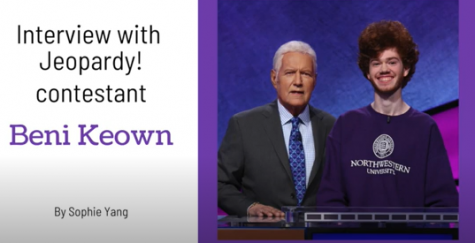Don’t forgive celebrities’ bad behavior
September 22, 2017
Although Taylor Swift is portrayed in the media as a “good girl,” she is not as innocent as she seems.
Flashback to the moment when Kanye West takes the microphone from Taylor Swift, right as she is accepting the award for Best Music Video at the MTV Video Music Awards in 2009. The audience falls silent and immediately begins to feel sorry for then 19 year-old Swift.
Eight years later and we are still feeling sorry.
In the last several years, many celebrities have spoken out against Swift and the face she puts on for the media. Troian Bellisario criticized Swift out for her “false feminism,” Katy Perry called Swift out on Twitter for capitalizing on the takedown of other female celebrities and Kim Kardashian posted an incriminating video on Snapchat revealing that Swift knew about the content of Kanye West’s song “Famous” before criticizing its degrading lyrics.
Swift came into trouble when her tactics for maintaining her “good girl” persona were uncovered, but most recently she threw these claims out with the simple synth tune that has invaded the airwaves for the last month, “Look What You Made Me Do.”
Why does all this matter? Because it is not the first time that we’ve let a celebrity fool us with a false image. We cannot let celebrities get away with problematic behavior or let the media trick us into forgiving their irredeemable actions.
Swift has villainized everyone who has crossed her and is still considered a “good artist.” Who’s to say this is any different from the media’s acceptance of celebrities like Mel Gibson who has made anti semitic remarks yet still finds success in Hollywood, or Eminem who has made homophobic remarks yet can still be found on top music charts.
Many believe that it is okay to separate the art from the artist, that you don’t have to like the person to appreciate their work, but if we ignore the celebrities’ bad qualities, then we are also ignoring the issues.
It is also apparent that society is selective about who they will tolerate harmful behavior from. There is a reason why Hollywood excommunicated Bill Cosby, but not Woody Allen or Roman Polanski, and it has to do with race.
When Nicki Minaj called out the Video Music Awards in 2015 for snubbing her “Feeling Myself” video with Beyonce while recognizing “other girls,” Swift quickly took offense and her fans berated Minaj with criticism. Simultaneously, Swift tweeted “It’s unlike you to pit women against each other,” in response. In order to take a constructive stance on these issues, we cannot criticize one case while ignoring the other.
When Casey Affleck won an Oscar in 2016 amid sexual assault allegations, it sent the message to assault victims that what happened did not matter. When we tune in for the premiere of Taylor Swift’s new song, we are saying it is okay for her to benefit by playing the victim and villainizing others. If this process is repeated, we allow the alienation of those who fall victim to the actions of these problematic celebrities.
In order to reverse this harmful path, we must hold celebrities accountable for what they say and do. This includes all celebrities, especially those who are pushed on us by the media because they are the ones we are least willing to hold accountable.













